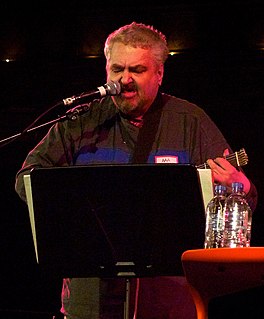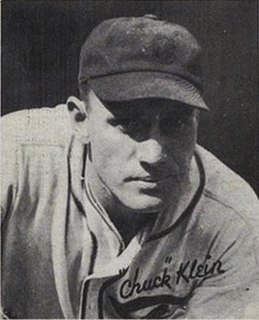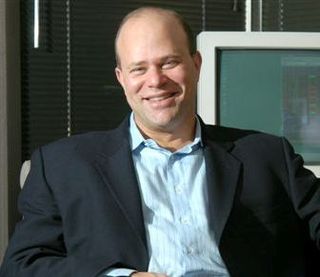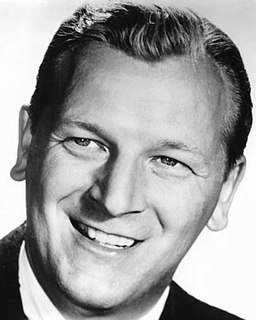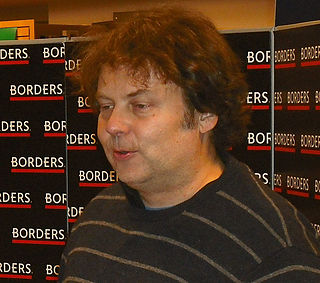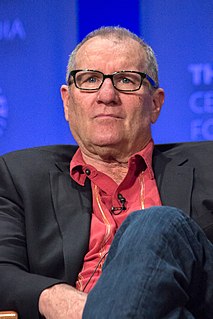A Quote by Daniel Johnston
For the longest time I was afraid I'd have to keep on working at the factories. There was a steel mill and a pottery; if you didn't go to college, you went to work in those places.
Related Quotes
I worked in a steel mill, I worked in a foundry, I worked in a paper mill, I worked in a chemical refinery, construction, I did all that. It was great work, it was good. I learned welding, mechanic, carpentry, but it saved me from going back to prison because that's helpful. It's really sad because those jobs are gone.
When you go into a college of education you've got aspirations of making a difference in people's lives, of loving children, of working with kids, but none of that is affirmed in your college of education. Then you go working in schools, especially in places like New York City and Chicago that I'm most familiar with, and you find these huge aspirations are beaten out of you in a very systematic way - and still people persevere.
I missed the day in school where you subtract all the zeros. Let's say you subtract 10,000 minus 89. I never got the fact that you go next door and borrow a cup of coffee, and the zero changes to nine. For the longest time, I didn't know how to do it. I still to this day have been affected, and it was just one day they taught it. I was too afraid to say, "Why? What's going on with the zeroes?" So for the longest time, I thought that was a conspiracy.
